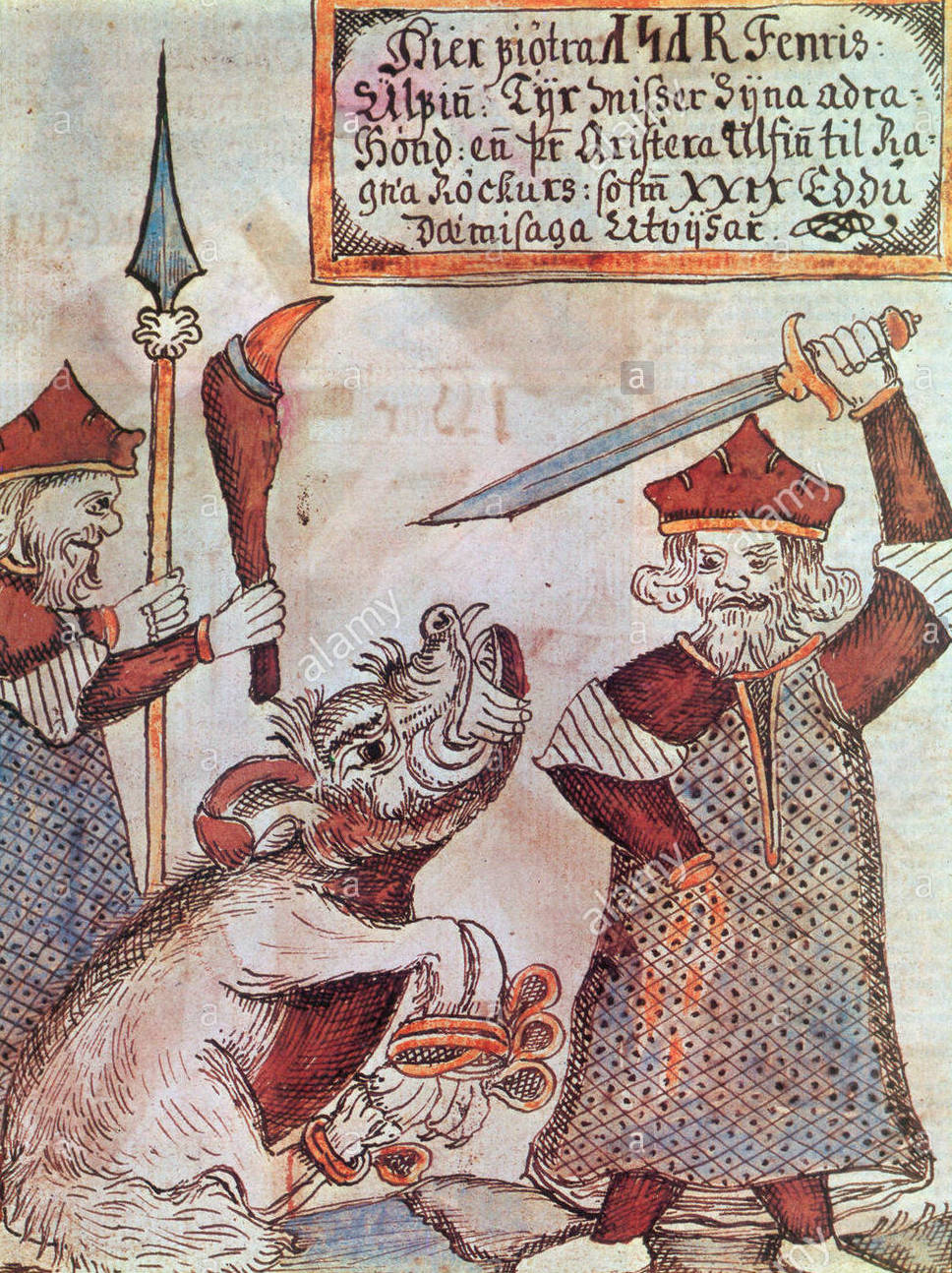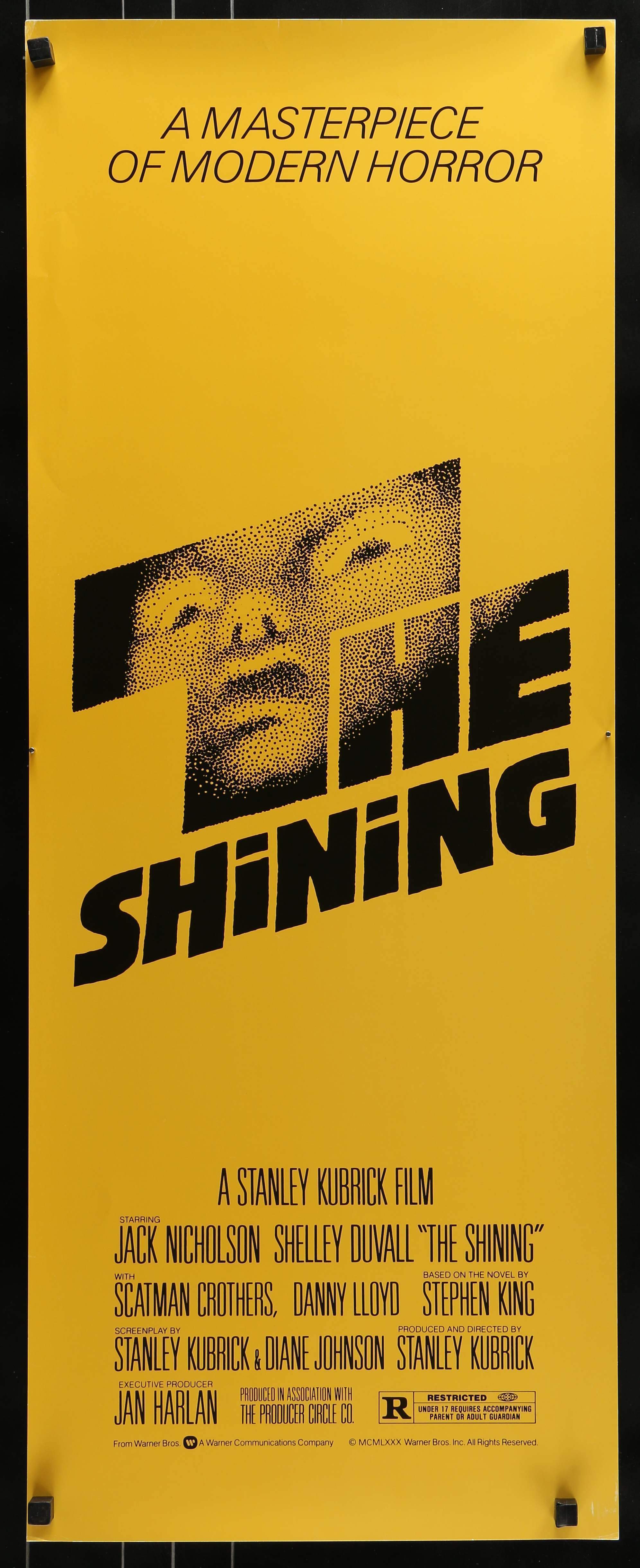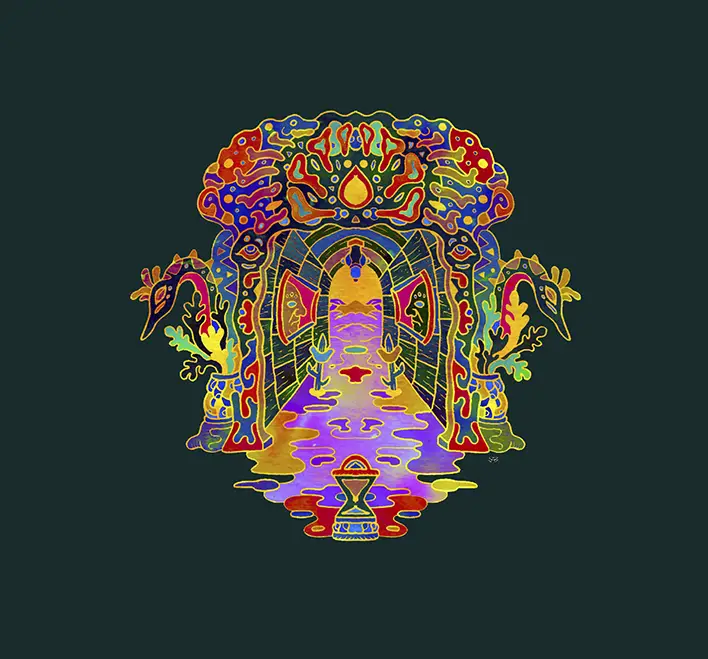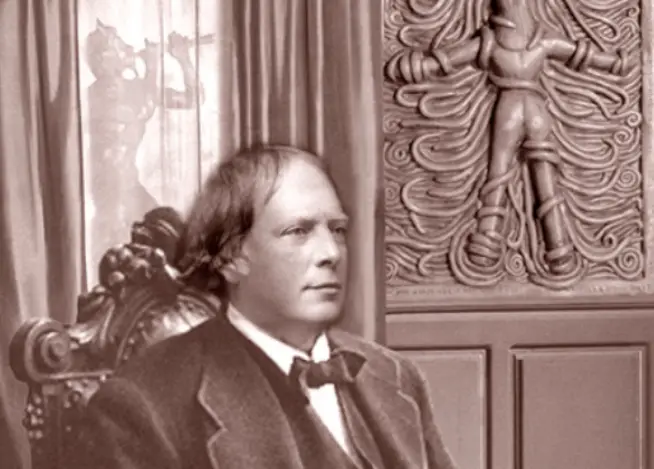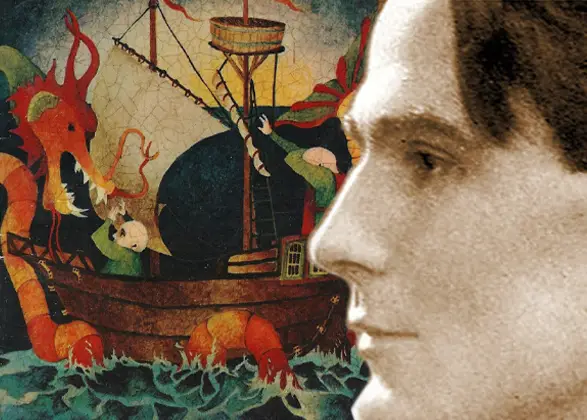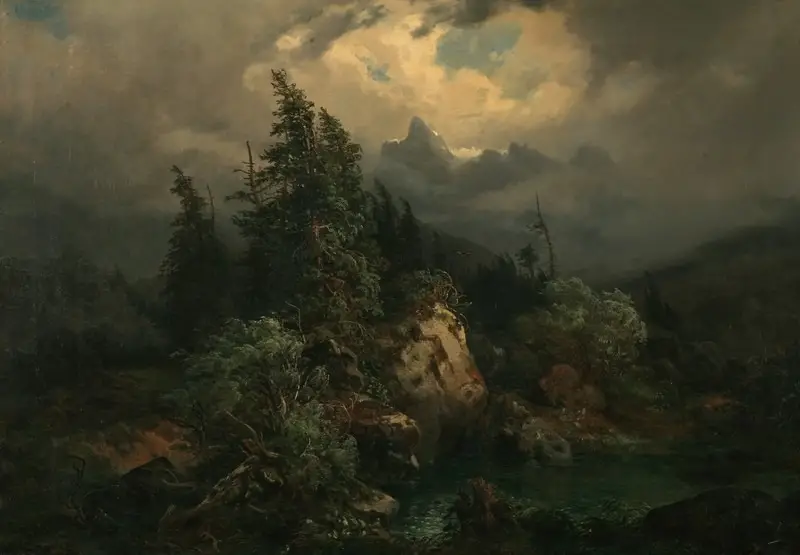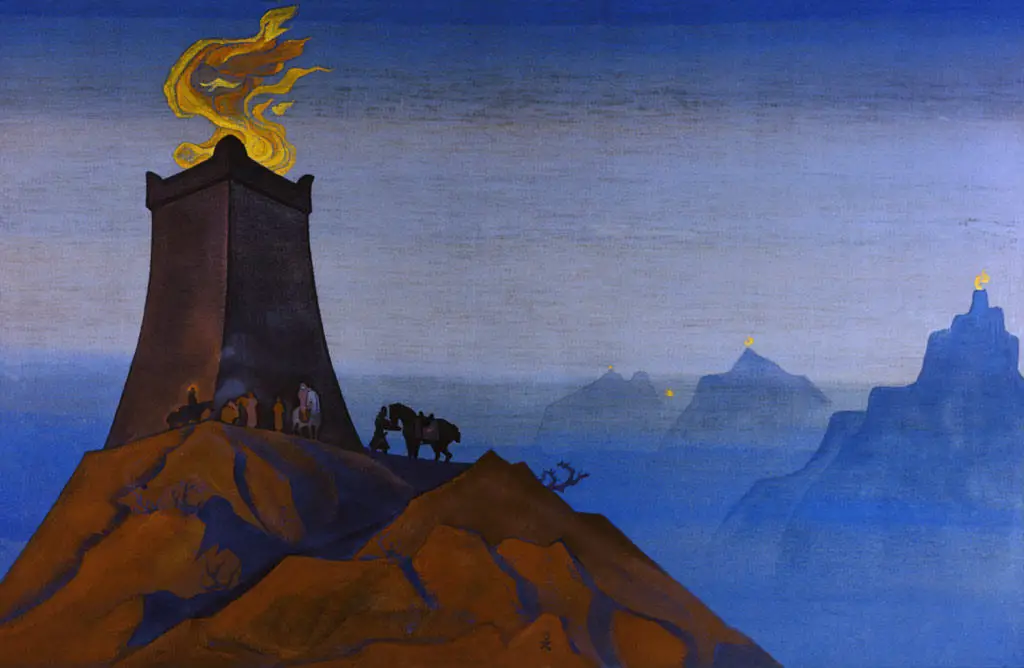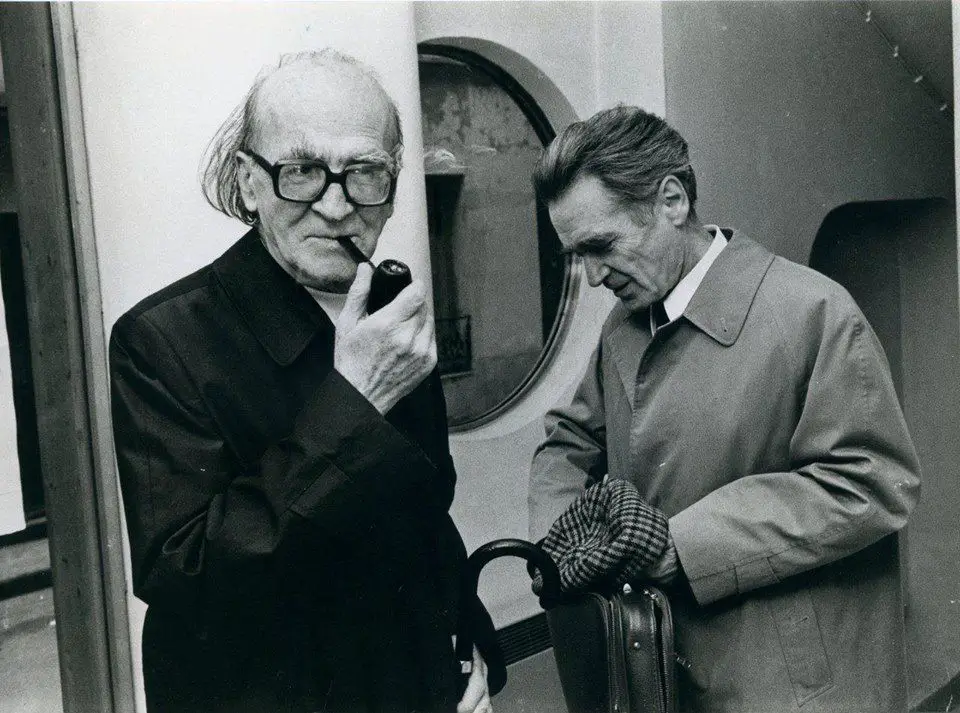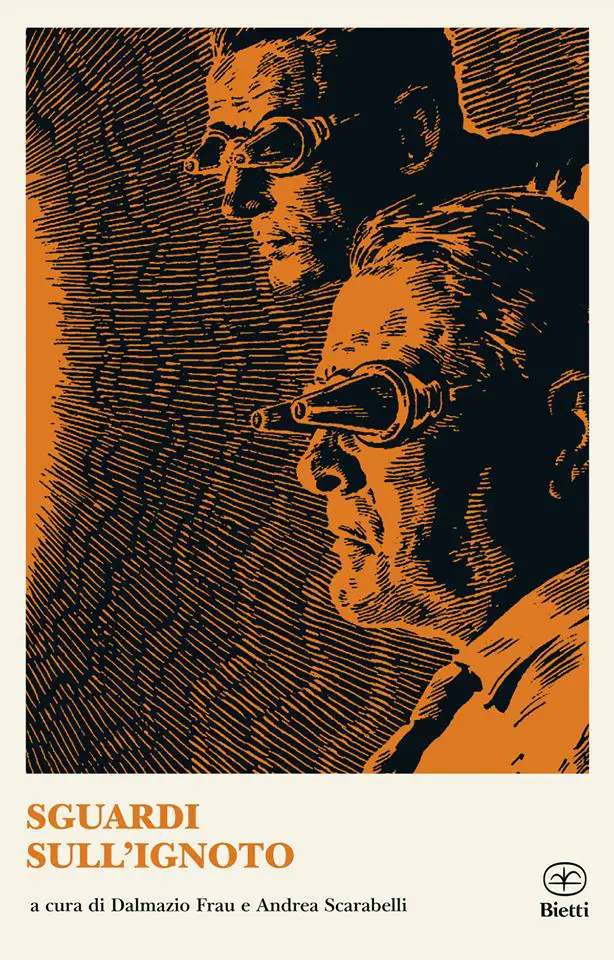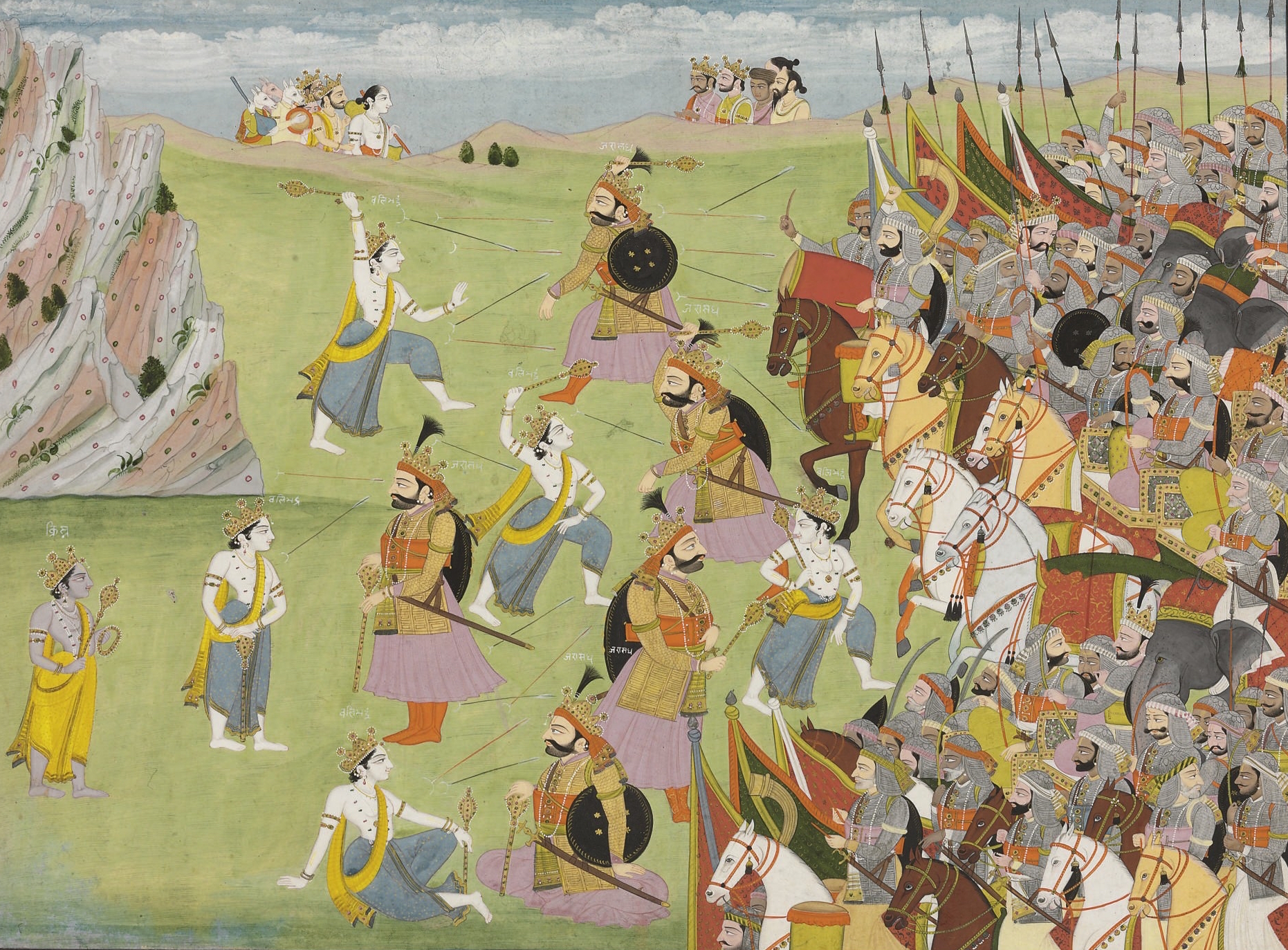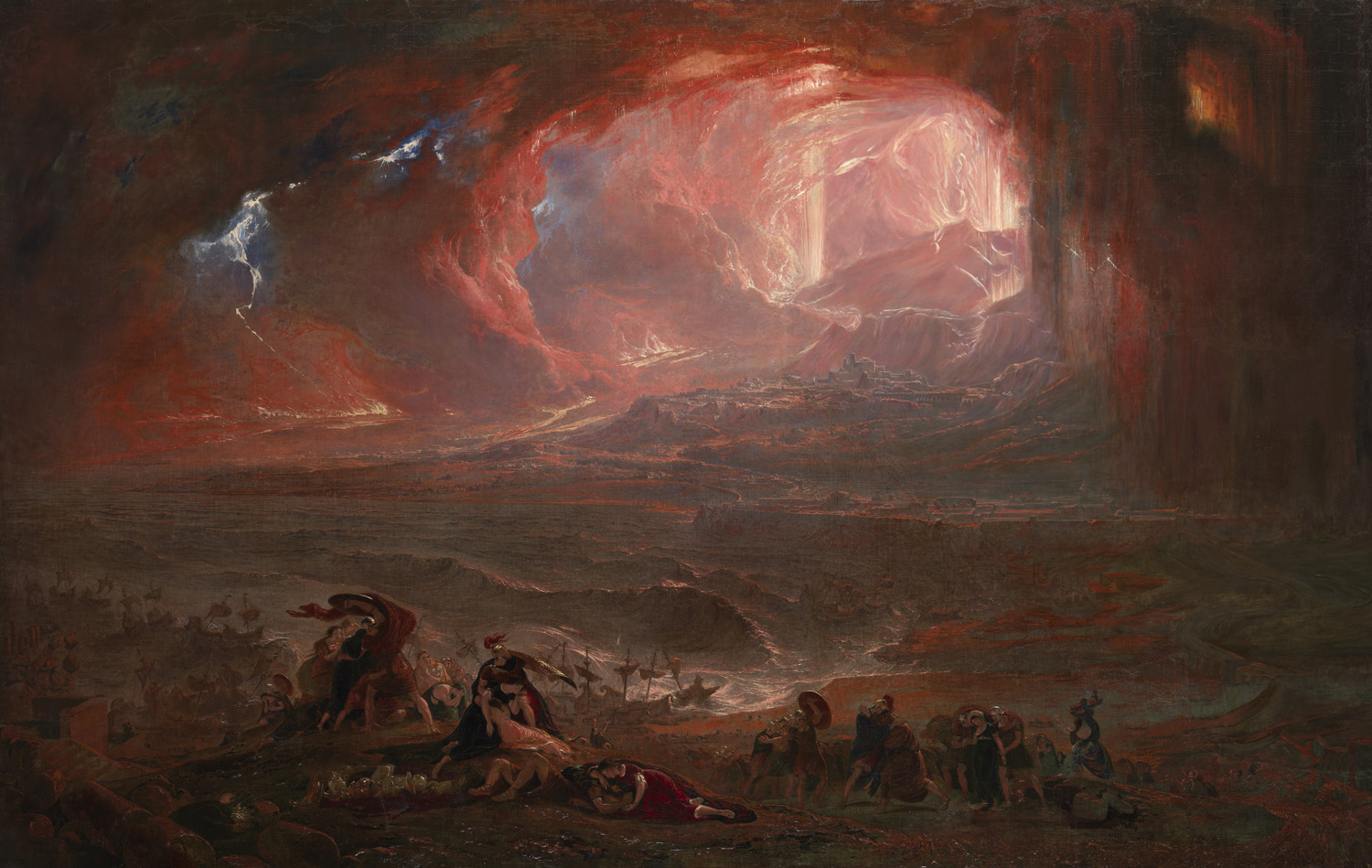Month: April 2020
“The Shining”: in the labyrinths of the psyche and time
From the careful analysis of Stephen King's novel (1977) and of the film counterpart by Stanley Kubrick (1980), readings emerge that we can define as "esoteric": the Overlook Hotel as a labyrinth / monster that swallows its occupants and as a space outside of time; the superimposition of the past with the present in a similar perspective to that of the so-called "Akashic memory"; the "shimmer" as a supernatural capacity to insert oneself into this flow outside of time and space; a conception of the United States of America as a single, huge Indian cemetery (and not only).
“Beyond the Real”: for a Metaphysics of the Fantastic
That of narration was born as a profoundly sacred practice: in narrating and narrating the world, man continually recreates and re-establishes it, since “he no longer lives in a purely physical universe, but in a symbolic universe. Language, myth, art and religion are part of this universe, they are the threads that make up the symbolic fabric, the tangled web of human experience ". The narration thus soon becomes the key to the innumerable doors of the Mystery, to a relationship between different yet authentically real dimensions.
“Imagining Elsewhere”: online conference on Arthur Machen
AXIS world in collaboration with Imaginalis It presents:
For the online dating cycle
"IMAGINE THE ELSEWHERE:
the invisible between literature and science "
William Hope Hodgson's Journey at the End of the Night
On April 19, 1918, William Hope Hodgson was hit by a shell on the Belgian front and prematurely left this world. We want to remember it like this, speaking of the new publication of Palindrome types,…
Devotion: the sunset of the idols and the Waldgänger trail
The godless world saw the birth of man. On the desolate battlefield the astonished winner stood up and a naive triumphant grin was printed on his face: the war was perhaps won, the hated enemies defeated, man could finally get out of his lair and march on earth and other creatures. What a joy for the peoples, but what a tragedy for the world! Today, at the "Wall of Time"And al crossroads of history, having broken the order that we have taken for granted too lightly, we are preparing to build new paradigms for the world to come.
“The Traveler of Agartha”: the magical realism of Abel Posse
In the initiatory novel by the Argentine writer and diplomat, published thirty years ago and set during the last bars of the Second World War, the "magical realism" of Pauwels and Bergier, the esoteric doctrines of the Theosophical School of the late nineteenth century, are combined. — which then influenced the Central European secret societies Thule and Vril — and the eastern legend of the underground kingdom of the Immortals. In the background, a Europe by now on its last legs and a Tibet that within a few years would have experienced the indelible tragedy of the Chinese invasion.
Pluto and the transits of the times
In 2009 Pluto, "lord of the seed" - whose cycle lasting about 248 years favors the "diversification of generations" - returned to Capricorn, a position he held in the second half of the eighteenth century when the advent of the Enlightenment occurred . Here we try to analyze how the Plutonic influences have influenced the history of the last centuries, highlighting all the zodiacal transits that have taken place from 1763 to today, sign by sign.
That symbolic parallelism between Mircea Eliade and Emil Cioran
A damn human correspondence, essential these days, revealing a secret complicity between two complementary souls of the great Romanian generation in exile: the historian of religions Mircea Eliade and the nihilist philosopher par excellence, Emil Cioran, born on April 8, 1911.

